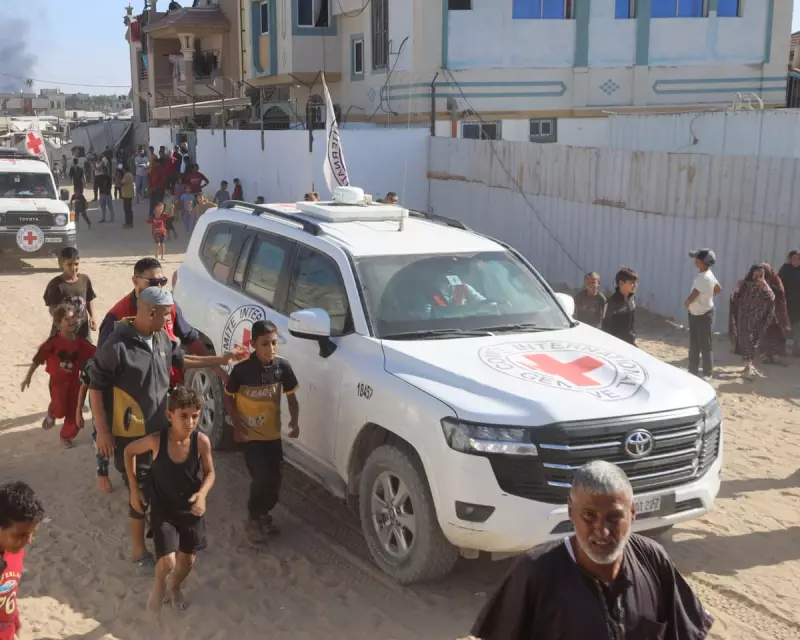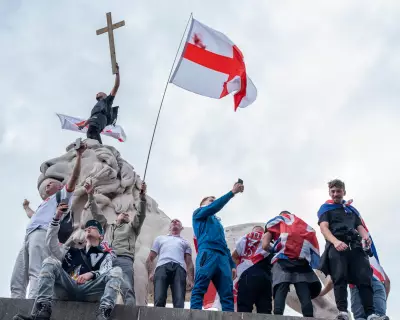
In an unprecedented development within the Gaza conflict, representatives from the International Committee of the Red Cross (ICRC) are now directly observing Hamas-led efforts to locate and recover the bodies of Israeli hostages.
The delicate operation marks a significant moment in the ongoing humanitarian crisis, with ICRC personnel accompanying Hamas officials to multiple locations across the war-torn territory where hostages are believed to have been held.
Breakthrough in Humanitarian Efforts
This coordinated search represents a rare instance of cooperation between the militant group and international humanitarian organisations. According to sources familiar with the operation, the Red Cross's presence is intended to ensure the process adheres to international standards for handling human remains.
The development comes as Egyptian and Qatari mediators continue their efforts to broker a sustainable ceasefire between Israel and Hamas, with the hostage situation remaining a central point of negotiation.
Search Operations Underway
Teams have been visiting former Hamas strongholds and tunnel networks where intelligence suggests hostages may have been detained. The operations are proceeding cautiously due to widespread destruction and the presence of unexploded ordnance throughout Gaza.
Israeli authorities have provided information about missing citizens to assist in identification efforts, though the process is expected to be lengthy and complex given the condition of many sites.
Families Await Closure
For families of the missing hostages, this operation represents a painful but necessary step toward closure. Many have endured months of uncertainty about their loved ones' fates since the October 7th attacks that triggered the current conflict.
Humanitarian organisations stress that recovering and identifying the deceased is crucial under international law, providing both emotional resolution for families and facilitating prisoner exchange discussions.
The Red Cross has emphasised its strictly neutral role in the operation, focusing exclusively on humanitarian objectives rather than political outcomes. This delicate balancing act reflects the organisation's longstanding commitment to operating in conflict zones while maintaining access to all parties involved.





